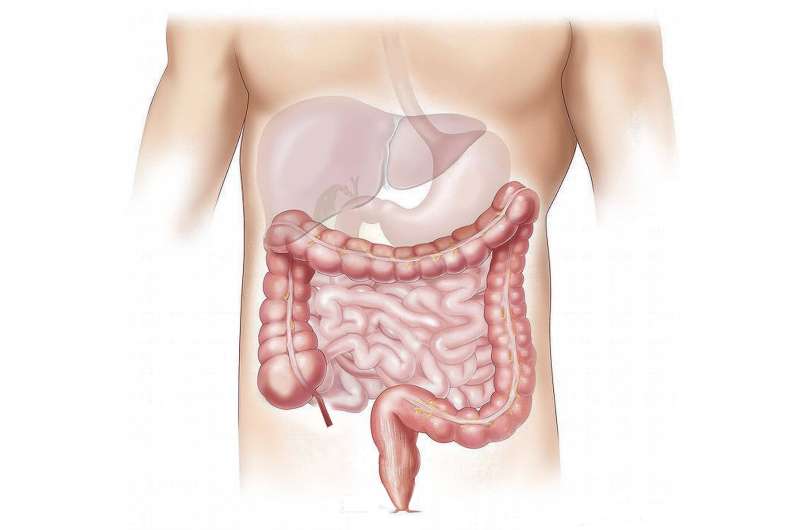CDC Considers Changing Childhood MMRV Vaccination Schedule

The CDC's vaccine advisory committee is considering a major change to the childhood immunization schedule, recommending separate administration of MMR and varicella vaccines to reduce risks of febrile seizures.
On September 18, 2025, the CDC's vaccine advisory committee took a significant step towards modifying the nation's immunization guidelines. During its first meeting under a new panel of members appointed by Health and Human Services Secretary Robert F. Kennedy Jr., the committee voted 8-3, with one abstention, to recommend a change in how the MMRV vaccine is administered to young children.
Currently, the combined measles, mumps, rubella, and varicella (chickenpox) vaccine is given to children, usually before age 4. The proposed change advocates for administering the vaccines as separate injections: one for MMR and another for varicella, rather than the combined shot. This move stems from concerns raised by recent studies indicating a potential increased risk of febrile seizures occurring 8-14 days after receiving the combined MMRV vaccine. Conversely, studies of children receiving the vaccines separately did not show such increased risks within 30 days post-vaccination.
While parents currently have the option to choose between the combined or separate vaccines, requiring separate shots could lead to lower vaccination rates, potentially affecting herd immunity. Experts like voting member Joseph Hibbeln emphasized the importance of evidence-based decisions, cautioning against changes without compelling data.
The discussion also touched on other vaccines, such as hepatitis B, with debates about whether infants should receive the vaccine immediately after birth or delay. Historically, early vaccination has been crucial in preventing mother-to-child transmission and serious health outcomes. Safety data affirm the vaccine's safety, but the new proposals have sparked controversy and political debate, with some senators questioning the necessity of certain early childhood vaccinations.
Overall, the CDC's decision to approve or reject these recommendations will influence future vaccination policies, insurance coverage, and parental choices. The committee's discussions reflect ongoing debates about vaccine safety, timing, and public health priorities.
Source: https://medicalxpress.com/news/2025-09-cdc-vaccine-mmrv-shot.html
Stay Updated with Mia's Feed
Get the latest health & wellness insights delivered straight to your inbox.
Related Articles
Understanding What an IBD Diagnosis Means and Its Implications
Learn about Inflammatory Bowel Disease (IBD), its symptoms, diagnostic processes, and treatment options to better understand this chronic condition affecting the digestive system.
Disparities in Kidney Transplant Access for Indigenous Australians on Dialysis
Indigenous Australians on dialysis face significant barriers to kidney transplantation, with systemic issues limiting their access to life-saving treatment. Recent Australian research highlights urgent need for targeted reforms to address these disparities.
Evolocumab Shows No Benefit in Preventing Vein Graft Disease After Coronary Bypass Surgery, Major Trial Finds
A recent trial reveals that evolocumab, despite significantly lowering LDL cholesterol, does not reduce vein graft disease rates after coronary artery bypass surgery, pointing to the need for novel treatment strategies.
Promising Results for Oveporexton in Enhancing Wakefulness in Narcolepsy Type 1
Oveporexton shows potential as a safe and effective treatment to improve wakefulness and reduce cataplexy in narcolepsy type 1, with ongoing clinical trials to confirm its benefits.



